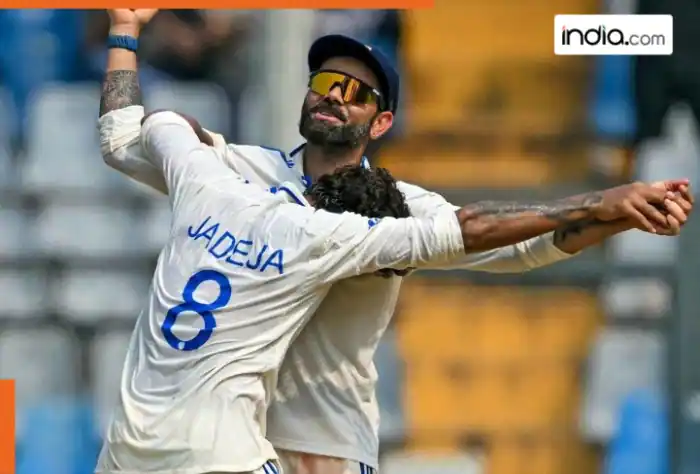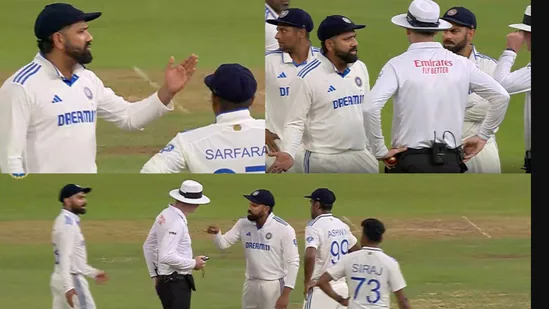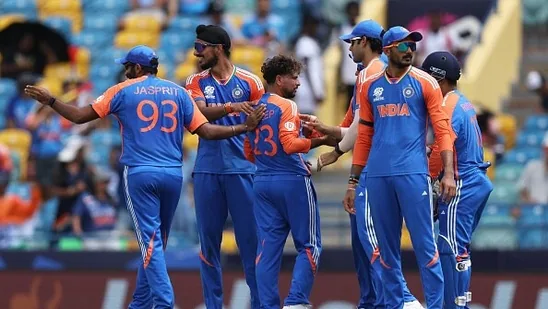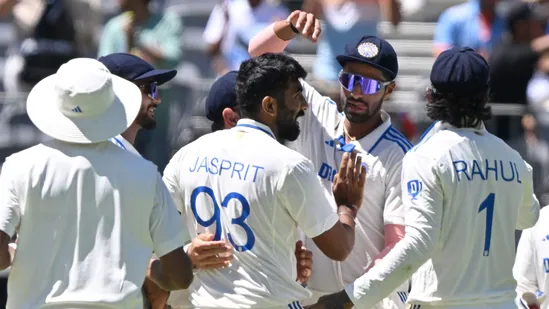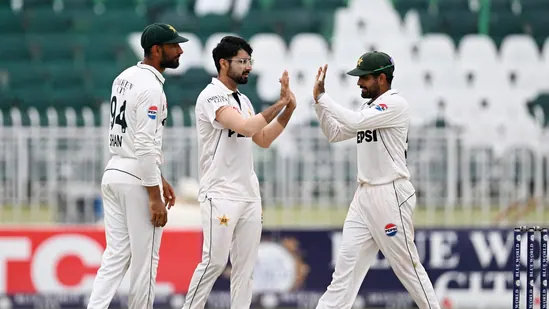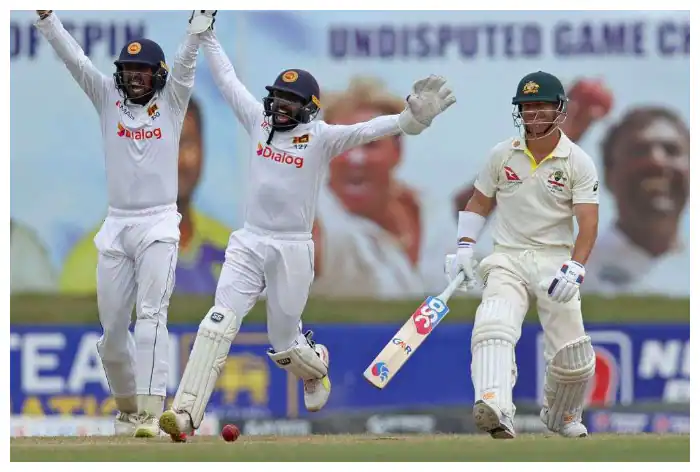The IPL Clauses and the Absurd Effects
Before delving into the recent IPL rulings, let's address a burning question - when is the highly anticipated mega auction set to take place? Additionally, mark your calendars as the Syed Mushtaq Ali Trophy (SMAT) T20 tournament, considered a prime opportunity for IPL franchises to scout new talent, is lined up from November 3 to December 15.
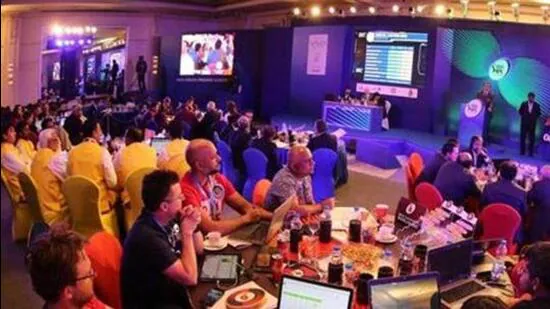
Logically, even a day after the SMAT final would work for the auction. Yet, franchises have been vaguely told to ‘keep end-November free’ so the auction window could well emerge during early SMAT days. This because post December 1, there will be changes at the top of BCCI and ICC: the Indian board gets a new secretary, ICC a new chairman. While Arun Dhumal, head, IPL governing council, is entitled to be front and centre of the mega auction in its live TV bling-splash from some luxe overseas location, there’s a wee chance that idea itself may not be so graciously entertained.
Now the franchises would like some breathing space around SMAT, but whatever. They’ve gone into many BCCI meetings seeking clarity, making suggestions. When the new regulations emerge, they often find themselves contemplating a mush meant to serve everyone and smelling a bit off.
Before this sounds like one long whinge, a round of applause for the two-year ban on overseas players who enter the mega auction only to withdraw at the last minute, popping up at the next mini auction for a larger slice of moolah. No one handling so much moolah is stupid enough to keep falling for the same trick. Nor are IPL fans.
Everyone can see the revived, reworded ‘uncapped’ player retention rule is better titled MS Dhoni Clause. But ₹4 crore? What an insult. For a mega title-winning captain – IPL fifer for CSK and twice over with India – to be pegged for this loose change. Even if the drive to retain centres around MSD’s mood-enhancer juju and T-shirt selling power, ₹4 crore is wee stingy. For people who think up these things, ₹4 crore may also seem an extremely fat fee for a player with zero India experience. This is what happens when you try to fit reworded definitions of ‘uncapped’ onto a range of sizes.
On October 1, CSK CEO Kasi Viswanathan sought to reassure, “We are not sure at this stage. We might not even use the uncapped player retention card for MS Dhoni. It’s still too early to comment on this because we haven’t had discussions with him.” Totally believable. (Reminder to self: stop being cynical.)
The new regulations are meant to serve several purposes. Removing the retention cap on overseas players can be geotagged as IPL’s Sunriser Clause. Then there’s the ₹18 crore retention fees for players No.1 and No.4. Can it be called (Hardik-Rohit) Bhai-bhai Clause to have the Mumbai Indians management relax after 2024’s not so haha brouhaha.
What about the Patriot Clause? Where an overseas player cannot earn more than the highest retention fee, ie. ₹18 crore? “Or lower”, as the rule says, but remember in November 2023 Mitchell Starc went for ₹24.75 crore and Pat Cummins for 20.5 crore, so lower is not going to be an option.
What does this rule then make the IPL? A top-quality global sports league? Or, a sarkari department using the Customs Act of 1962 to fix MRPs on imported mixies? The BCCI’s Price Control Fan Club has also ensured that franchises can have as many crores left in their salary purse for an overseas player. The player will only get ₹18 crore, the balance sum will reach the BCCI patriots.
Does not the salary caps on overseas players also send a rude message to professional Indian cricketers? That none of you is ever going to attract more money than an overseas player, this is us ensuring your sentiments don’t get offended. If there is any other logic to this, I am happy to listen.
But wait, there is also a reverse-swinging fiend of an idea around the Right to Match (RTM) card? At the moment it has not been finalised in any way or put down in paper, but it has been let into the air like a strange smell.
Here’s the scenario: after a fierce round of bidding for player X, Team A has the upper hand with a ₹5 crore bid and X’s original franchise is asked if they want to use their RTM card. Originally, if the home franchise wanted, they could. But now comes the saas-bahu daily soap twist: once the RTM has been indicated, the ₹5 crore bidder can actually say they can want to increase their bid. If the RTM folk want their player, they will have to pay more.
The original RTM rule from being a RTM card to a ‘tell’ in a bidding game. Of revealing the home franchise’s hand over whether it wants to hold onto X. This can easily lead to conservative bidding by teams who want to see if X’s franchise will use the RTM. The prospect of arriving at X’s real value is defeated because if the home franchise doesn’t put an RTM down, the player goes cheaper. Or, for a true bid only to emerge once the RTM has been declared. What’s the whole point?
You know what the franchises really want? The chance to run trials in a fair, systematic manner without entering into arguments with domestic sides and coaches.
You know what the franchises really don’t want? The tedium of auctions every year. Teams and fan bases are strengthened with player continuity. The franchises have asked for fewer auctions regularly. But BCCI’s auction mania and mindless rule-tinkering is a sign of who it listens to most: its media partners, more than the franchises or the players. Auctions are after all news, noise and TV air-time.
Remember Rohit Sharma said the Impact Rule will “hold back the development of players”. This to Adam Gilchrist and Michael Vaughan on the Club Prairie Podcast before he led India to a T20 World Cup win. “I am not a fan (of Impact Player). You are taking out so much from the game just to make it little entertainment for the people around.” The rule is back, as of now, till 2027. “Now you play 12,” says an IPL insider, “next time you play with 13, 14 players, who knows.”
One last thing, now that we’ve got clear priorities identified. That new ₹7.5 lakh match fee per game played (to Indian, overseas and impact players) must be responded to with two words: domestic contracts.
Stay informed with the...RELATED STORIES


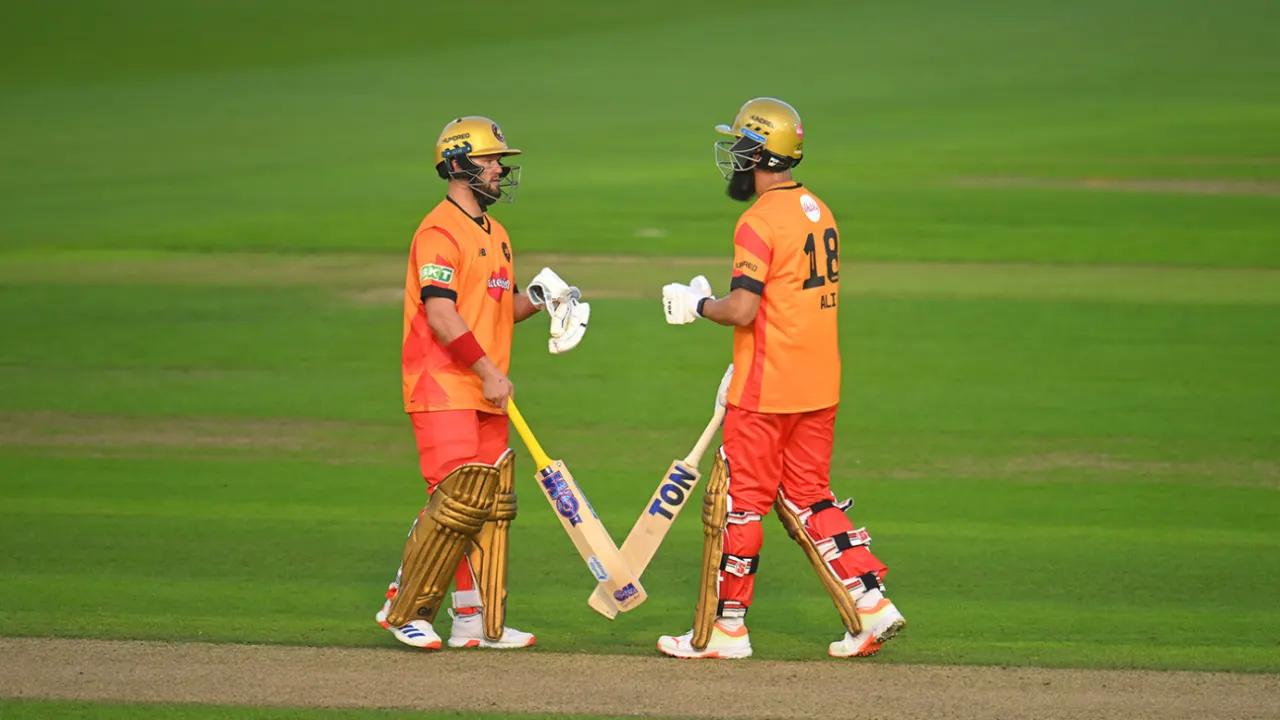

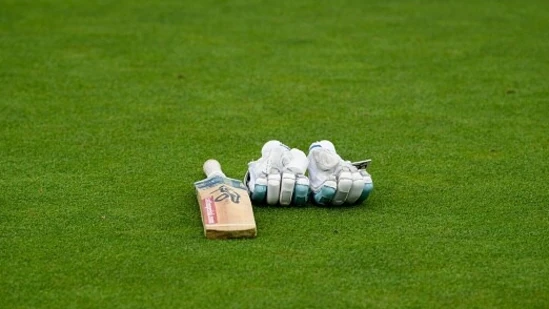
LATEST NEWS
